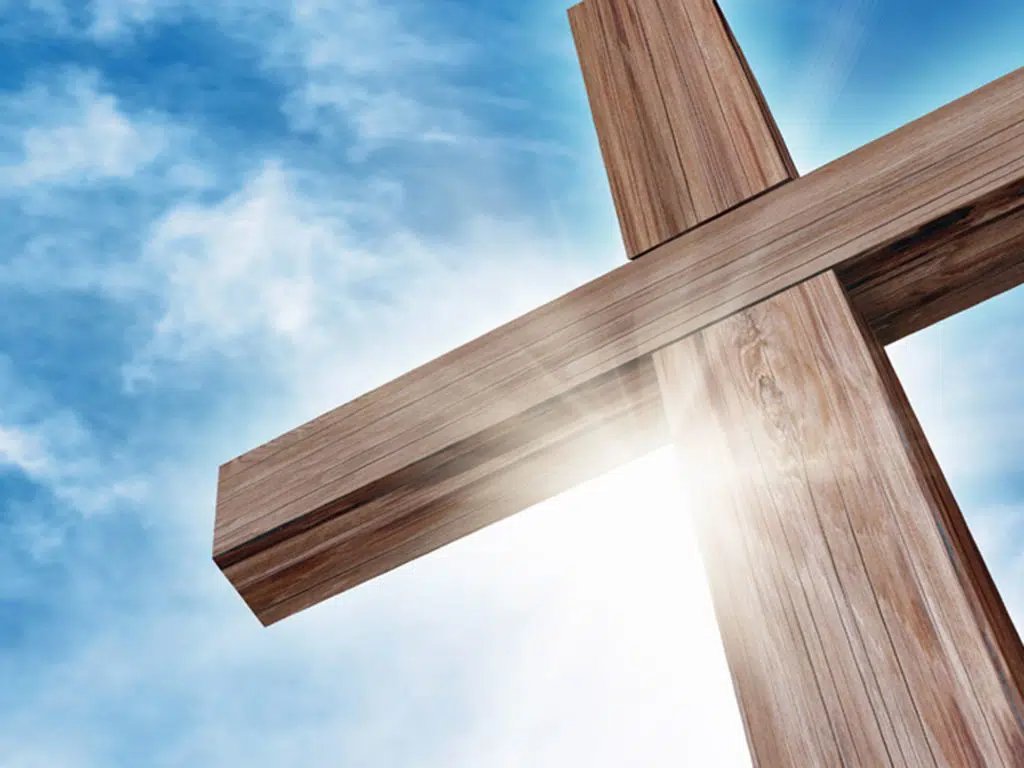Five years ago, when Pope Francis released the encyclical “Laudato Si’, on Care for Our Common Home,” people inside and outside the church rushed to read the first environmentally focused letter from a Roman Pontiff. While the letter did give rousing support to the efforts to care for God’s creation, our common home, it also contained something beyond the now-familiar rhetoric of environmental concern. Pope Francis, while calling for a renewed appreciation for the natural world and conversion from irresponsible habits of consumption and waste, also preached vigorously on the broken ways humans treat one another. Rather than focusing simply on ecological goals, the Holy Father included forceful condemnations of any worldview that discards people, whether the unborn, the elderly, the poor or any other group, who are without means to defend themselves against the powerful. While this so-called “human ecology” may have seemed odd to more secular readers and commentators, to Christians, it represented something familiar, the connection between goodness in human lives and harmony in creation. On the fifth anniversary of “Laudato Si,” it seems fitting to reflect on this Christian connection.
The Scriptures consistently remind us that the spiritual and physical worlds are intimately intertwined. When people refuse to act in a godly way, the natural world responds in chaos; but when goodness triumphs, the natural world flourishes. When Adam and Eve sin, not only do interpersonal relationships become more difficult, but physical life is wounded. Growing food, bearing children, the normal activities of survival, become more difficult, and death enters the world. As sin becomes more common in the fallen world, lifespans shorten, and the flood eventually wipes away all but Noah and his righteous family.
The sins of Pharaoh in Exodus bring about disastrous natural consequences for the Egyptian people, who lose their water, their health and even the light around them. The prophet Hosea laments that, “There is no faithfulness or kindness and no knowledge of God in the land …Therefore the land mourns, and all who dwell in it languish, and also the beasts of the field; and the birds of the air; and even the fish of the sea are taken away” (Hos 4:1-3). Finally, when Christ dies unjustly on the cross, the skies darken and the earth itself shakes and cracks in mourning for the Lord of Life.
Of course, when holiness triumphs, creation rejoices, and harmony blooms in the world. In Isaiah, on God’s holy mountain, the image of the perfected world, all the strife of nature will pass away, and “the wolf shall dwell with the lamb” (Is 11:6-8). All that is chaotic and violent in the natural world will disappear along with sin and evil. John, in the Book of Revelation, says that in the kingdom of God, the sea, a ultimate symbol of unrestrained primordial chaos for the Jewish people, will be replaced by calm waters. When goodness triumphs, creation experiences peace.
After considering the Scriptures, we should no longer be surprised with Pope Francis’ insistence that our responsibility to the natural environment must include our obedience to God in our interactions with one another. The Holy Father reminds us that if we put our efforts into concern for the climate while dishonoring the dignity of other human beings, we have missed the point. On the other hand, if we accompany our efforts for the good of the planet with a deep and unfeigned love of our neighbor, peace in both arenas will follow.
It might seem a daunting task to address ourselves to such broad calls for change, but thankfully, since the Christian remedy the pope urges is simply charity toward those who might otherwise seem disposable in the eyes of the world, we always have at hand the means to answer the call. Supporting local groups like Catholic Charities, Christ House or Mary’s Shelter ensures that our neighbors in distress receive the care their dignity deserves. Making a good confession also helps feed the desire for salvation and holiness of life. Even putting effort into patience with the most difficult people in our daily lives helps reform our hearts from proud distance from the undesirable and toward humble love for all.
Such a recommitment to godly charity in the midst of our pursuit of responsibility would rightly commemorate the anniversary of “Laudato Si,” and more importantly, lead us closer to the final peace of the heavenly kingdom.
Fr. Rampino is parochial vicar of Queen of Apostles Church in Alexandria.



Pentecost Sunday